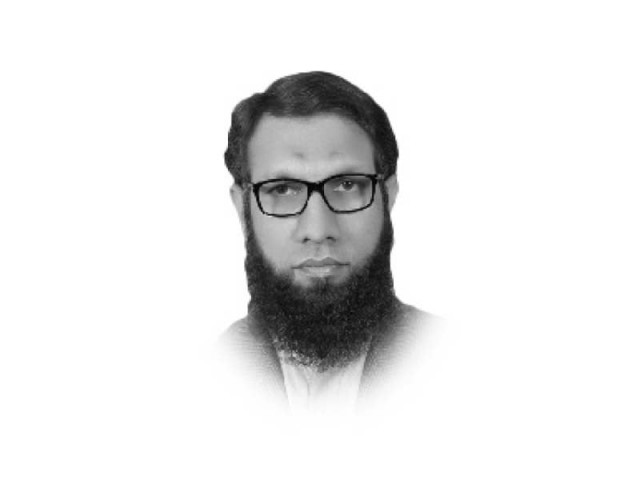Socializing Education
Ignoring socio-psychological aspect of education has created problems for both students as well as the society

Education, once thought to be the key for unlocking human potential and a major driver of personality development, seems to have lost ground to economic rationality. Employability is the over-riding consideration in choosing a particular field of study. This is all too evident from the programmes that academic institutes offer and the curriculum being taught. Even the pedagogy reflects a shift away from training the mind to chaining the mind.
The marketability of ideas and skills is what essentially drives modern education. Other vital aspects of education, such as developing citizenship behaviour, nurturing ethical conduct, and infusing spirituality, have either been altogether overlooked or have got cursory attention in the scheme of studies. Economic rationality lies at the heart of questions regarding which degree programmes to offer and which courses to include in the curricula. Private universities, in particular, respond to the market demands. Students, too, take general courses lightly and most often resent them as unnecessary appendix to their profession without realising that, as professionals, they would be dealing with other people who will affect and will be affected by their conduct.
In every forum I sit in, I see the participants almost unanimous and consistent in suggesting a curriculum which is predominantly “applied” in nature and which caters to the needs of employers in terms of technical skills. The Board of Studies (BoS) of many universities have heavy representation from Chamber of Commerce and Industry with the purported purpose of giving them primacy in deciding upon the course contents. This luxury, however, is not afforded to individuals from civil society, media, and legislature to balance economic rationality with civic virtues.
The academia-industry collaboration for equipping students with relevant skillset is certainly desirable but it should not be done at the cost of forgoing the intrinsic value of education. The primary purpose of education is to stimulate thinking and create the urge to venture into new worlds. Education has a sublime purpose which can hardly be expressed in monetary terms.
Ignoring or denigrating the socio-psychological aspect of education has created tremendous problems for both students as well as the society we live in. Though not yet officially documented, media reports suggest that there is a rising trend of students turning to drugs as an escape from the harsh realities of life. Some take pleasure in random violence and others seek solace in momentary hedonism.
All this speaks of an education devoid of metaphysical foundations. Virtues such as gratitude, tolerance, justice, humility, empathy, compassion, and responsibility are not being inculcated in the prevailing scheme of studies. The courses (e.g. Ethics, sociology, political science, and Islamic studies etc) as part of professional degrees are implicitly believed to be redundant and an extra burden for students. As a result, we see many accountants, doctors, engineers, and business professionals having good technical skills but poor in human relations.
If we want an education system which encourages critical thinking and reflection, promotes tolerance and disagreement, and gives relatively more importance to civic virtues and ethical values than skills, the HEC and other relevant bodies need to revisit the “why” of education. The questions of, how should IT be used for education, which assessment standards to use, what should be the role of government in education, and which skills are needed by the employers, although interesting, do not address the fundamental crisis of education in Pakistan.
Learning a skill or two does not necessarily make a good human being. To become a different and better person requires not only an insight into how the world works but also how should it work. Learning in the twenty-first century has to be multi-disciplinary. Realising this, the world has started moving away from fragmentation to the unity of knowledge. This paradigm shift will address the problems associated with the regimented model of the twentieth century. In a nutshell, modern education should balance physiological needs of man with his psycho-social needs to be counted as an agent of real change and progress.














COMMENTS
Comments are moderated and generally will be posted if they are on-topic and not abusive.
For more information, please see our Comments FAQ